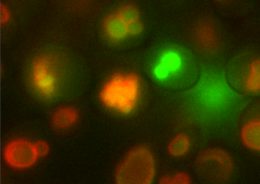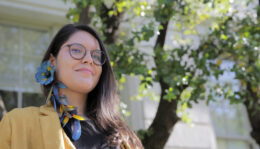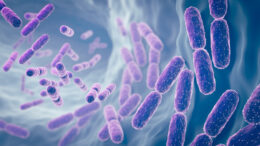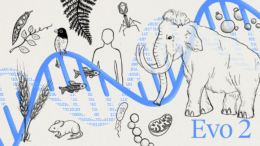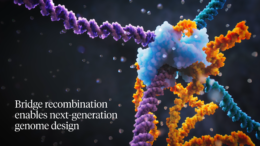Posts Tagged ‘research’
New Process Uses Microbes to Create Valuable Materials from Urine
A team led by BioE alumnus Yasuo Yoshikuni genetically modified yeast to create hydroxyapatite, a strong and lightweight material, from the elements present in urine. With lower production costs the material may now be practical for use in wastewater treatment, fertilizer manufacturing, building materials and plastic replacement.
Read MoreStanley Qi: “For many people, waiting is not an option”
PhD alumnus Stanley Qi, now a professor at Stanford University, is interviewed about his work developing advanced gene-editing tools to treat life-threatening diseases and slow the onset of neurological aging.
Read MoreIndigenous knowledge helps biotech find new drugs. This grad student wants those companies to give back.
Bioengineering doctoral student Maria Astolfi and her colleagues argue for a new type of partnership with indigenous peoples to create a more ethical bioeconomy.
Read MoreThe not-so-secret life of gut bacteria
Computational modeling from Mofrad Lab gives us a peek inside these important microbial communities.
Read MoreMessersmith’s AsparaGlue named East Bay Innovation Awardee
Berkeley startup AsparaGlue, founded on science by Professor Phil Messersmith and postdoc Subhajit Pal, won an East Bay Innovation Award for their bioinspired surgical superglue.
Read MorePivot Bio is using microbial nitrogen to make agriculture more sustainable
Co-founded by BioE alumnus Karsten Temme, Pivot is bringing cleaner nitrogen to American farmland.
Read MoreAI can now model and design the genetic code for all domains of life with Evo 2
Research led by Professor Patrick Hsu has produced Evo 2, the largest AI model in biology to date, which can accurately predict the effects of all types of genetic mutations.
Read MoreBlotSeq single cell sequencing – animated!
BioE postdoc Trinh Lam’s animated video explains how Herr Lab’s BlotSeq single-cell tool uses sequencing data to guide protein selection without the need to predefine targets, making the process more flexible.
Read MoreBridge RNAs: ‘Holy Grail’ in Next-Gen Gene Editing Tech?
Patrick Hsu’s breakthrough discovery of bridge RNA gene editing tools is discussed on WebMD, with contributions from BioE alumnus Connor Tou.
Read More

